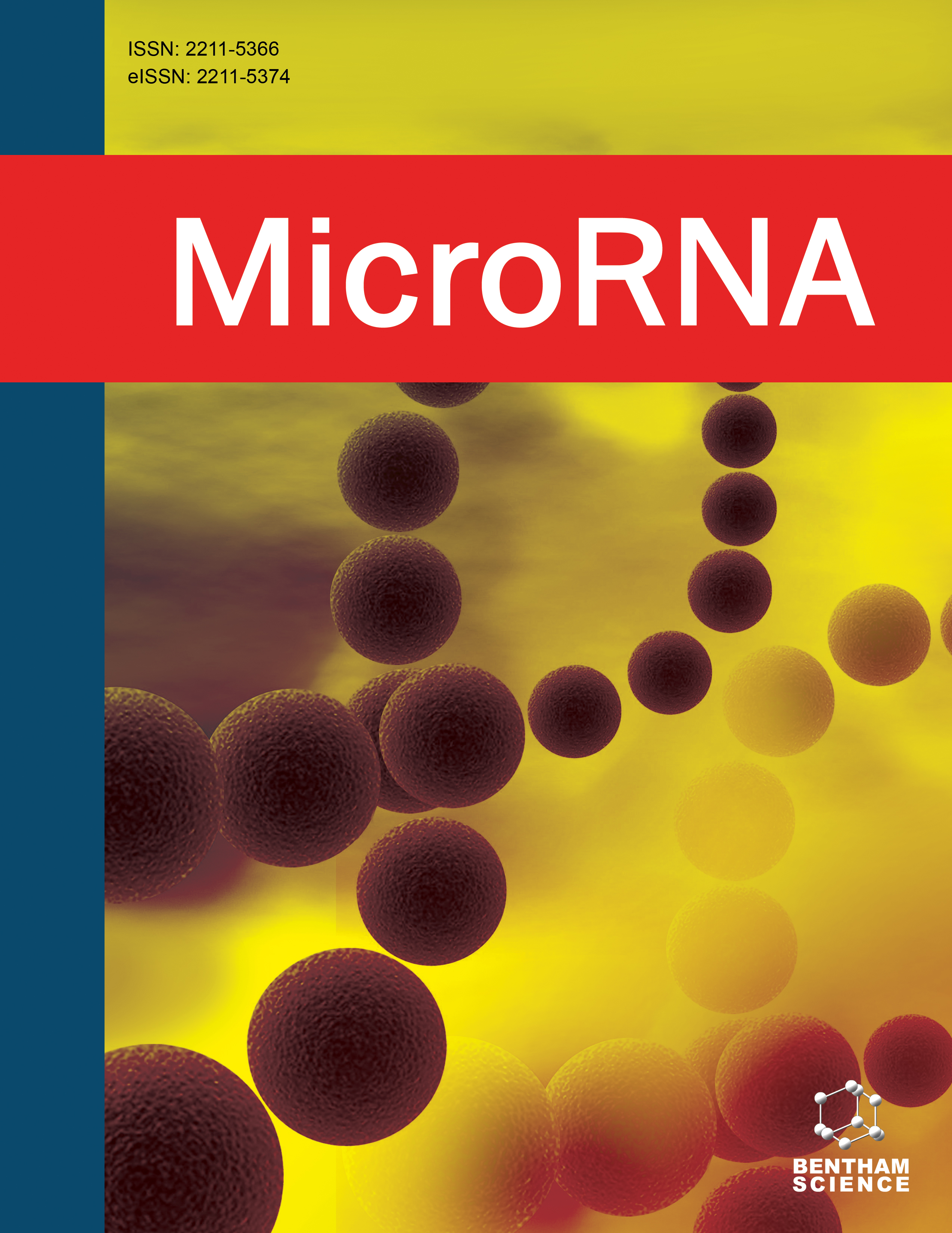
Full text loading...

Colorectal Cancer (CRC) is the third most lethal cancer worldwide. Complex intercellular communication within the tumor microenvironment influences cancer progression, therapeutic resistance, with Exosomes (Exos) and Circulating Extracellular Vesicles (EVs) playing a critical role in this communication. Exosomes can impact recipient cells by carrying various biomolecules, promoting changes that support cancer progression. This review focuses specifically on exosome-derived noncoding RNAs (ncRNAs) in CRC, including microRNAs (miRNAs]), circular RNAs (circRNAs), and long noncoding RNAs (lncRNAs), as significant regulators of cancer biology. The roles of these exosomal ncRNAs in CRC are central to tumor progression, metastasis, and treatment resistance. This review delves into specific molecular mechanisms, such as exosomal lncRNA H19, which enhances CRC chemoresistance by activating the β-catenin pathway, and exo-miR-21, which is implicated in 5-FU chemoresistance. We also highlight emerging evidence on exosomal circRNAs like circ_0006174, linked to doxorubicin resistance through miR-1205/CCND2 axis modulation. These exo-ncRNAs have shown promise as biomarkers and potential therapeutic targets, with studies indicating their diagnostic and prognostic capabilities in CRC patient cohorts. By examining recent in vivo and in vitro studies, we offer a comprehensive understanding of exosomal ncRNAs' roles in CRC pathogenesis and potential applications in clinical trials.

Article metrics loading...

Full text loading...
References


Data & Media loading...